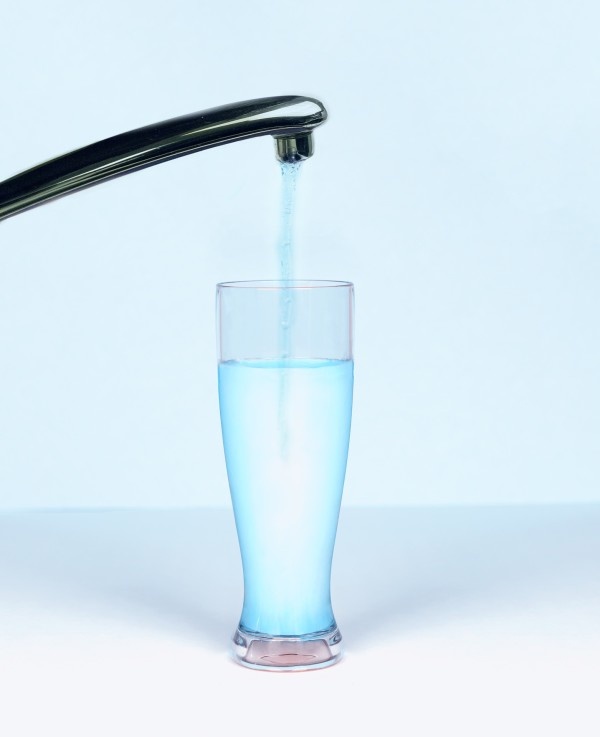Consuming contaminated water is a common problem that disproportionately affects developing countries. Worldwide, 750 million people lack access to clean water and more than 840,000 people die each year from preventable water-related diseases, such as diarrhea, Hepatitis A, and Legionellosis. The development of water chlorinators is an important innovation that can be a cost-effective method of sanitizing and thereby producing safe drinking water. Increased access to clean water and improved sanitation could reduce the global burden of disease by as much as 10%.
Image Source: Melissa Renwick
Harmful microorganisms, such as E. coli bacteria or Schistosomiasis parasites, can contaminate water and infect humans who drink this unsanitary liquid. One recent innovation that eliminates microorganisms in water is the Zimba Batch Chlorinator, a low cost device that uses chlorine to sanitize water. The device dispenses approximately 3 mL of sodium hypochlorite solution for every 10 L of water pumped through the device. Chlorine and water react to produce hypochlorous acid that penetrates the surface of pathogens and kills microorganisms, thereby producing safe drinking water. The chlorinator is versatile and can attach to many different sources of water input, such as a tap or a hand pump, and has a pressure sensor that enables it to work with water sources that have different flow rates. Since the chlorinator is gravity powered and requires no electricity or other costly resource to be fully operational, this cost-effective device makes clean water more accessible in resource-limited settings.
This device has been internationally recognized by many global health organizations as a high-impact innovation that can save millions of lives over the next 15 years. So far, the Zimba Batch Chlorinator has been tested in various resource-poor regions, such as schools in India and in post-earthquake Nepal. Next, the developers are looking to work with non-governmental organizations (NGOs) to expand the use of their device and make safe drinking water more accessible for other resource-limited settings.
The Zimba group first began their work at the Massachusetts Institute of Technology and have now expanded their operations internationally. The group’s base is currently in West Bengal, India. Their goals are to continue expanding the use of chlorination devices and to produce safe and economic access to safe drinking water worldwide.
Feature Image Source: ImagesBG










